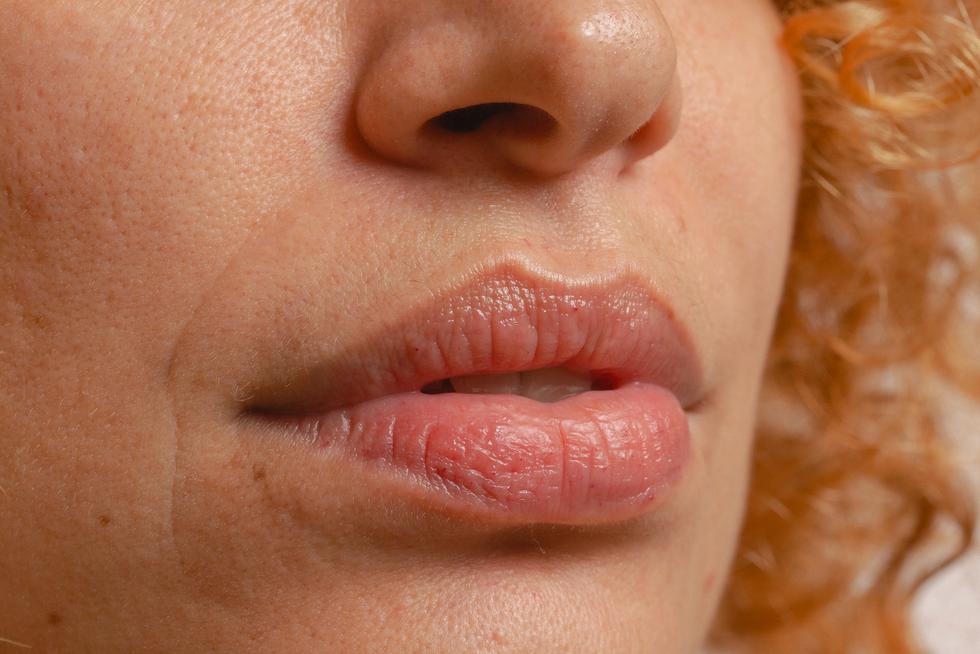Quick version
Invisible but contagious – this is how herpes behaves
One of the most frustrating features of herpes is that the virus often hides in the body without giving clear symptoms, which also contributes to the infection. Many people walk around completely unaware that they are carriers of the herpes virus. It is only during active outbreaks – for example, when blisters, sores or burning occur – that the infection becomes noticeable, and even then the symptoms can be diffuse or mistaken for something else.
This is how herpes is spread – even without symptoms:
- Through kissing or oral sex
- During unprotected vaginal or anal sex
- Through skin contact with infected areas
When should you suspect herpes?
It is not always obvious when it is appropriate to suspect herpes as it can manifest itself in different ways depending on where the virus has taken hold. But some of the most common signs of an active infection, especially the first time, are:
- Sudden blisters in the genitals or around the mouth
- Itching, burning or tingling
- Pain when urinating
- Flu-like symptoms (fever, aches, swollen lymph nodes)
If you have had any of these – especially after sexual contact – it may be wise to get tested.
Herpes – more common than you think
The fear of carrying herpes without knowing if you have it is common. Not least because the virus carries a social stigma. Many people feel guilt, shame or worry about having infected (or being infected by) a partner. At the same time, research shows that the majority of adults carry HSV-1, and that HSV-2 is also very common – especially among people who have had multiple sexual partners.
A blood test can therefore not only provide answers – it can reduce anxiety and facilitate relationships. Read more here Herpes simplex test.
How is a herpes test done?
The herpes test is taken through a venous blood sample, and is completely painless. You do not need to have any ongoing symptoms of herpes to get tested. The laboratory analyzes whether you have developed IgG antibodies – which is a sign that your body has previously encountered the virus.
Important to know: If you have recently been exposed to the risk of infection, the test may need to be repeated after a few months, as antibodies develop gradually.
What happens if you get a positive result?
Finding out that you have herpes does not mean that you are sick – only that you have been infected once. Many people live a completely normal life without recurring symptoms. However, if an outbreak occurs, there is effective treatment that relieves, shortens the outbreaks and even prevents them altogether.
Herpes is not dangerous, but it can be frustrating. However, outbreaks tend to become milder and less frequent over the years.
You can also do a lot yourself:
- Avoid touching blisters
- Use a condom during sexual contact
- Reduce stress – a common trigger for outbreaks
- Inform your partner if you have ongoing symptoms






















